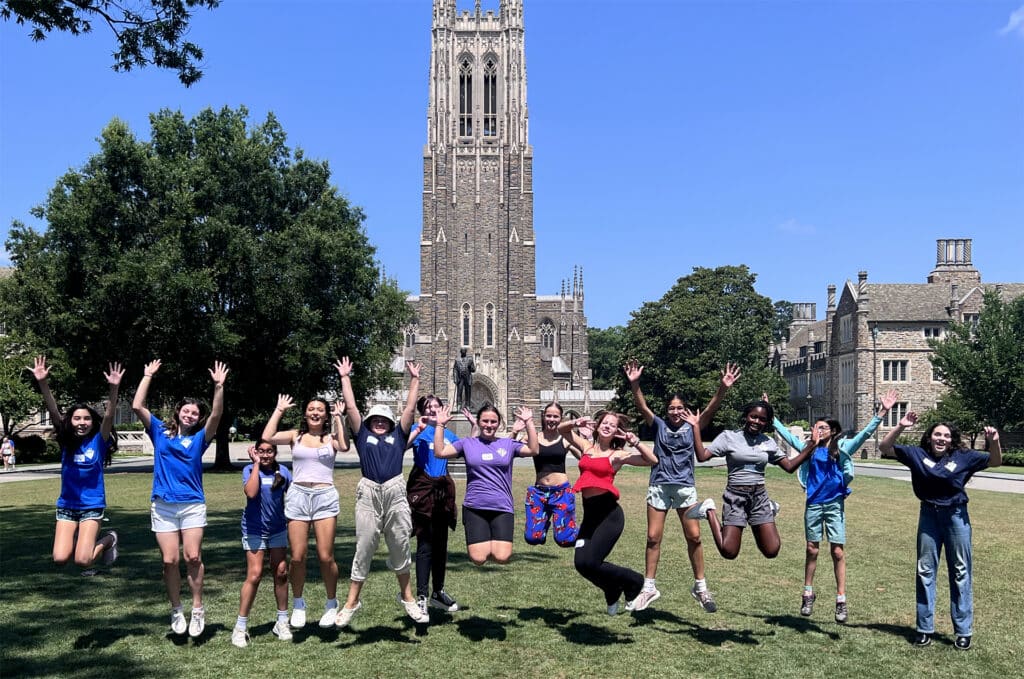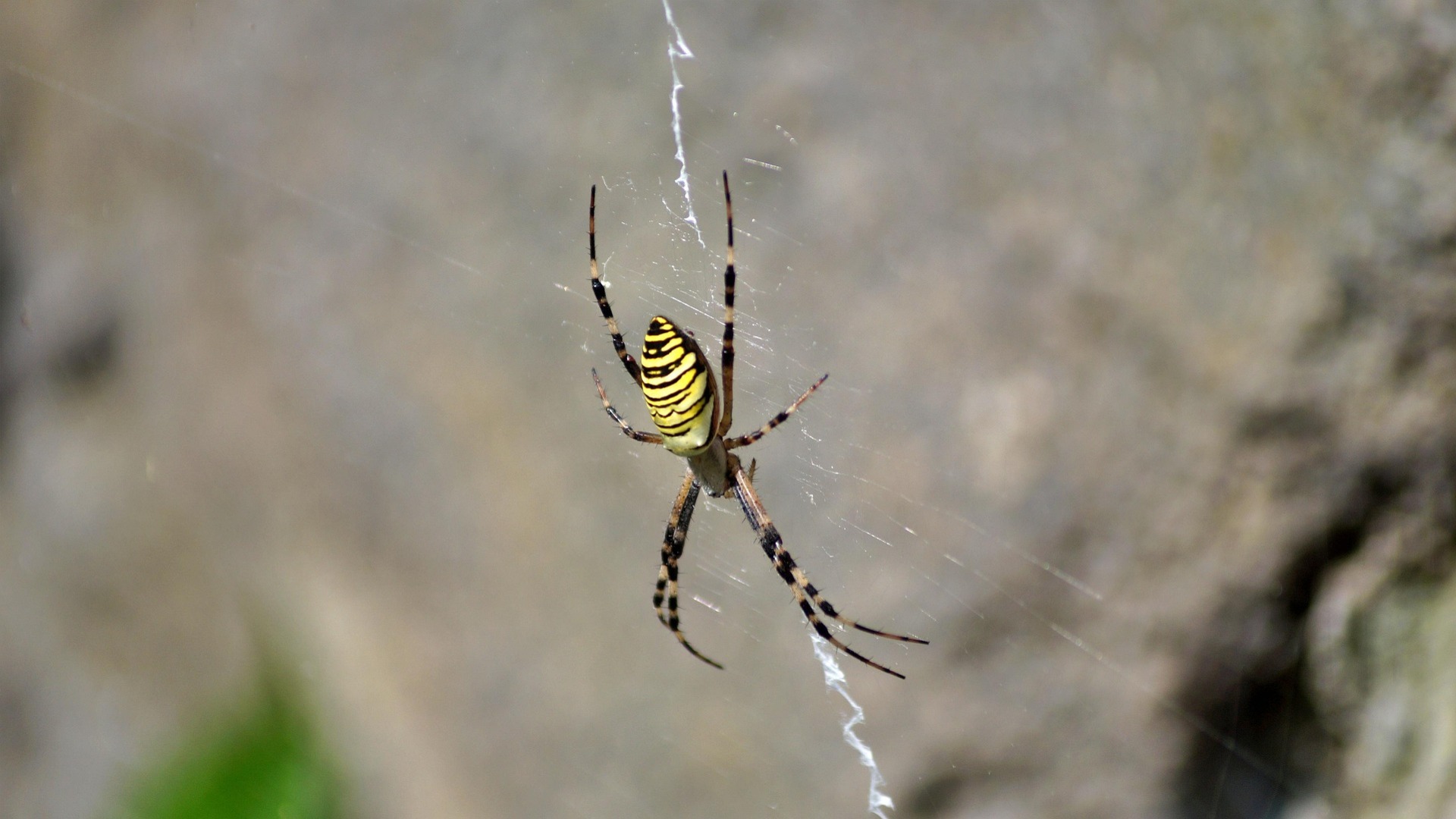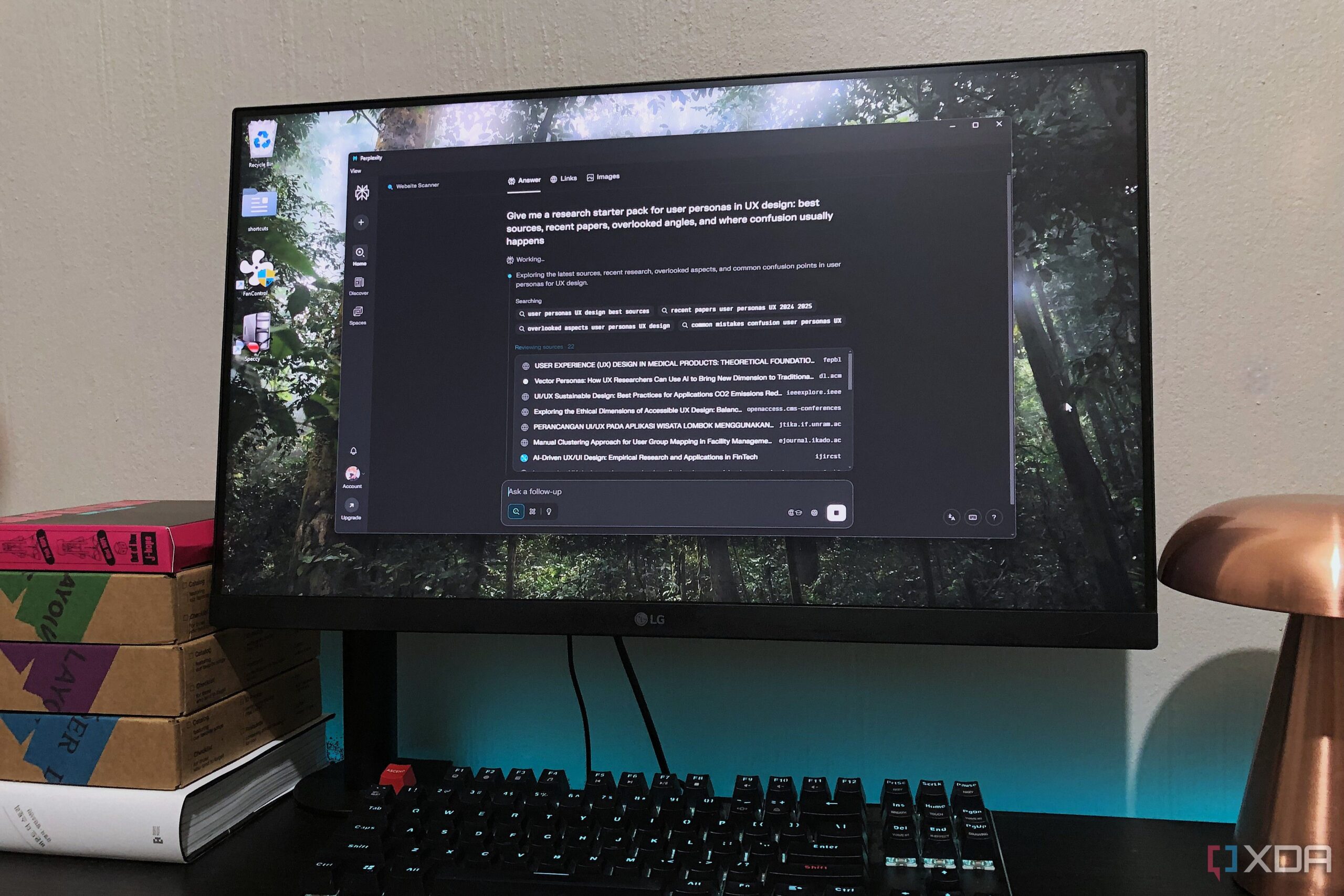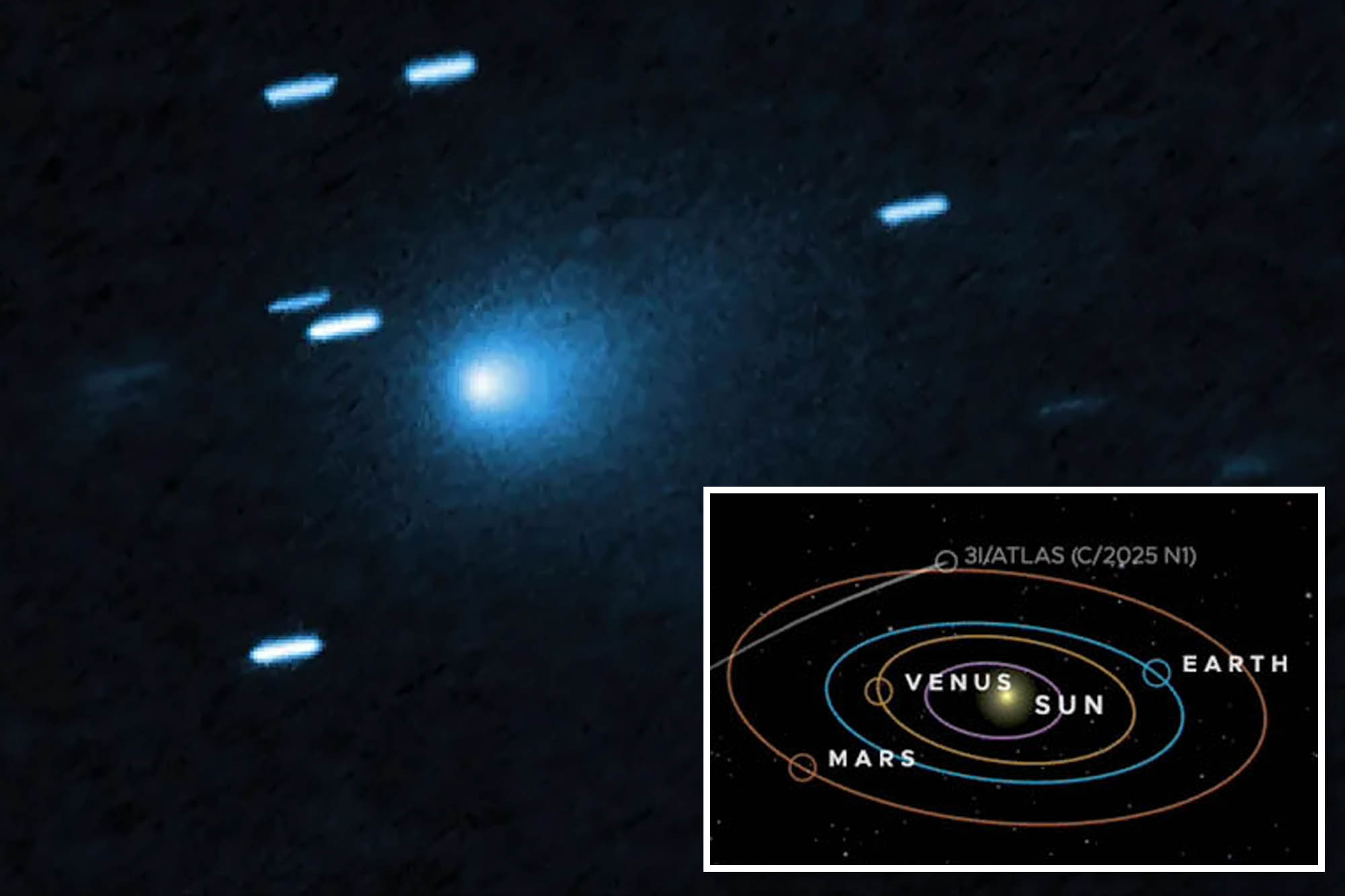Duke University’s Thomas Lord Department of Mechanical Engineering and Materials Sciences (MEMS) initiated several impactful summer outreach programs, connecting faculty, staff, and students with the local community. These initiatives spanned from laboratory research to interactive educational workshops, aiming to inspire the next generation in STEM fields.
Innovative Research at Duke and NCCU
Duke Engineering partnered with North Carolina Central University (NCCU) to launch the Pratt-NCCU program, which paired NCCU students with Duke labs for a nine-week research experience. This initiative is particularly significant for NCCU, as the institution lacks its own engineering school. The program provided students with technical research exposure while fostering a collaborative community.
Carmen Rawls, program director and assistant dean for advising and outreach at Duke Engineering, emphasized the program’s value in helping students navigate the challenges of research. “One conversation I had early on was about how their experiments were not going right on the first try,” Rawls explained. “By sharing their experiences, they realized that setbacks are a natural part of research.”
Among the inaugural cohort, Jayvon Butler, a senior at NCCU, worked in Professor Christine Payne’s lab, where he researched nanoparticles for biomedical applications. Butler expressed gratitude for the mentorship he received, stating, “This experience broadened my technical skill set and helped me grow in a professional research environment.”
Rawls anticipates that the Pratt-NCCU program will expand in the coming years, allowing more students to gain insight into engineering careers.
Engaging Middle Schoolers with Math
The Girls Exploring Math (GEM) program offered an innovative two-week summer workshop for middle school students in the Durham Public Schools system. Open to all rising seventh- to ninth-graders, the program employed interactive approaches to make mathematics more engaging.
Activities included hands-on puzzles that introduced mathematical concepts through creative methods. Students learned about fractals by cutting paper patterns, explored the mathematics behind card tricks, and discovered topology by slicing bagels. “We want to show students that math can be fun,” said Sophia Santillan, a MEMS associate professor of the practice and one of the program directors.
Another director, Tori Akin, highlighted the importance of enthusiasm in teaching. “If I can get even one kid interested enough to think, ‘Wait, why does this work?’ I’ve achieved my goal,” Akin stated. The program facilitated visits to various labs, allowing students to interact with STEM professionals and gain insights into their careers.
Research indicates that misconceptions about STEM jobs can deter students from pursuing these fields. Lauren Valentino, another GEM team director, noted, “In many labs we visit, we see collaboration, which helps change students’ perceptions of STEM careers.”
Since its inception in 2018, GEM has received positive feedback from participants and parents, prompting plans for future expansion to reach more communities.
Robotics Comes to Life at the Library
In a unique collaboration between Duke Engineering and the Durham Public Library, children were introduced to robotics through an interactive outreach event. Designed for K-6th graders, the program featured various hands-on stations that demonstrated the fundamentals of robotics.
Activities included controlling a color-sensing Lego car and a pneumatic robot arm. Evan Kusa, a research and development engineer at Duke, showcased a robot dog that captivated the children’s attention. “At one point, a child who had never had any coding experience wanted to see what the code for the Lego car looked like,” recalled Gabriela Morales, a graduate student involved in designing the stations. “One hour later, that kid was playing with the actual code on my laptop.”
The event not only benefited the children but also provided valuable experience for graduate students in science communication. Siobhan Oca, director of MEMS Master’s Studies, expressed hope for recurring robotics programs at the library, which could include educational take-home kits.
Overall, Duke Engineering’s summer outreach initiatives exemplify the university’s commitment to enhancing community engagement and inspiring future generations in STEM fields. Through collaborative research programs, innovative math workshops, and interactive robotics events, Duke is making a tangible impact on the education and aspirations of local students.







